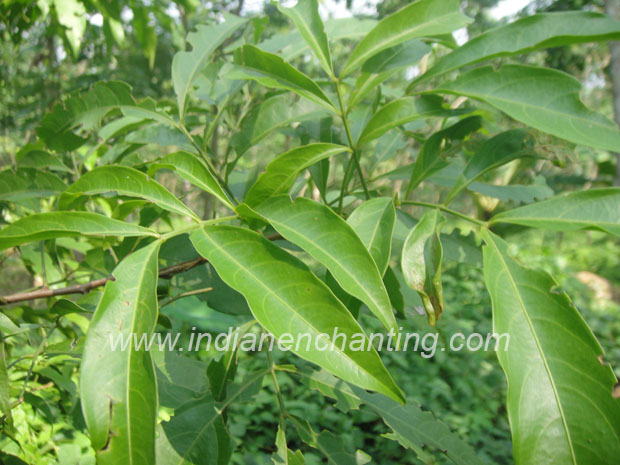Ayurvedic Medicinal Plants

Aganosma dichotoma
Genus: Aganosma
Botanical name: Aganosma dichotoma
PLANT NAME IN DIFFERENT LANGUAGES
Sanskrit: Aguruh, Krsnaguruh
Hindi: Agar
English: Aloe wood, Eagle wood, Agarwood
Malayalam: Akil, Karakil
MEDICINAL PROPERTIES
A large evergreen tree about 21 m in height and 1.5-2.4 m in girth with somewhat straight and fluted stem; leaves linear-lanceolate to ovate-oblong, 5-9 cm long, silky glossy and faintly parallel nerved; flowers small, greenish on very slender pilose petioles in shortly peduncled umbels, on younger branchlets, perianth about 5 mm long, slightly hairy outside, stapens alternate the perianth, filaments red at the apex, ovary tawny-tomentose; fruits slightly compressed, yellowish tomentose capsules. Commercially used fragrant-resinous agar wood is formed in the interior of the old tree. The tree contains plenty of oleoresin and has irregular dark patches. The wood burns with a bright flame giving off a pleasant smell.
The wood is stimulant, antiasthma tic, carminative, tonic, aphrodisiac and astringent. It is used in diarrhoea, dysentery, gout rheumatism and paralysis. It is also used as a liniment in various skin diseases. Agarwood on distillation yields an essential oil. The oil is used in rheumatoid arthritis, cough, asthma, bronchitis, leprosy, skin diseases and foul ulcers.
The stem has been used in the treatment of cough, acroparysis, asthma and it also has been used as a stomachic, toxic, sedative and expectorant in Korea.
